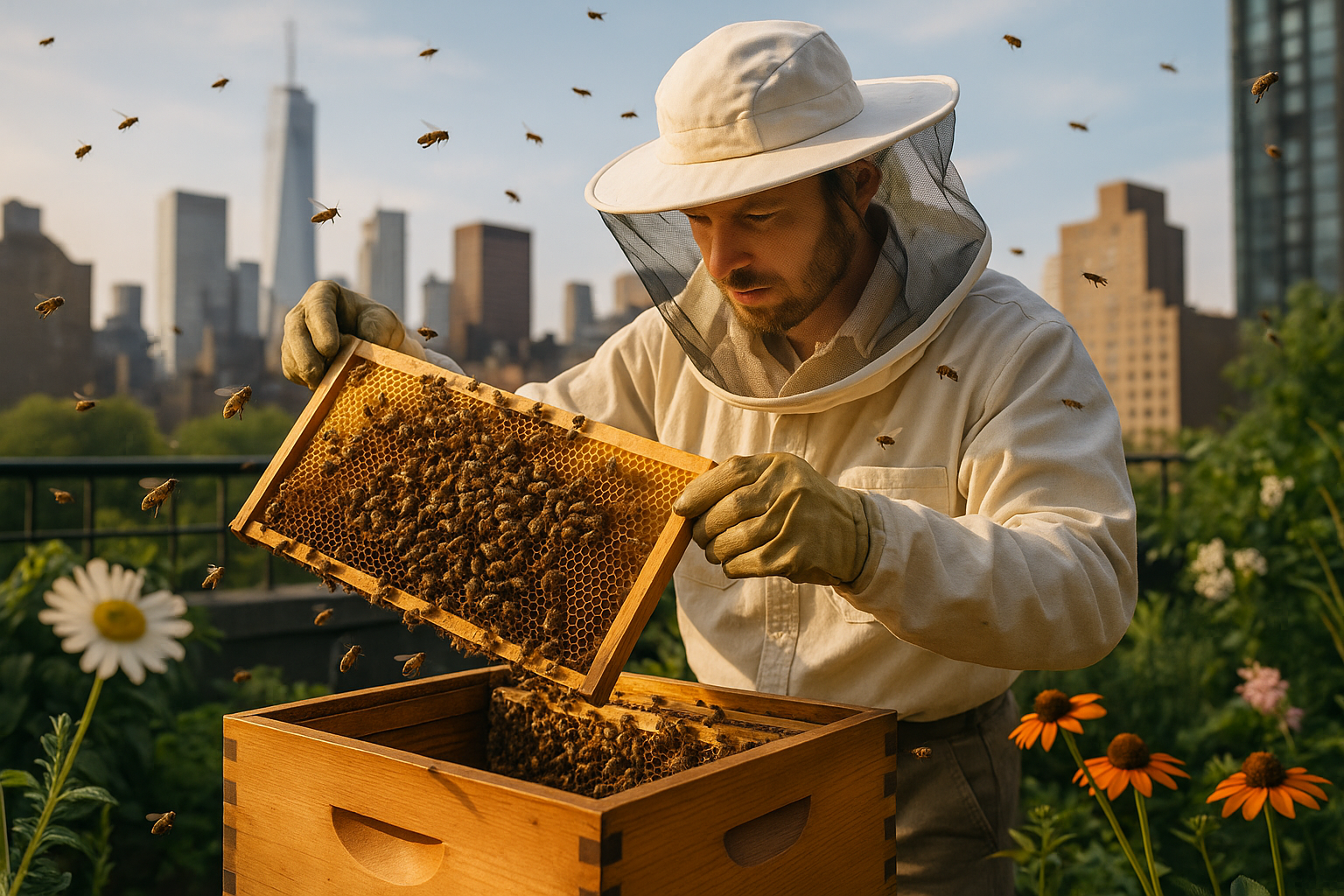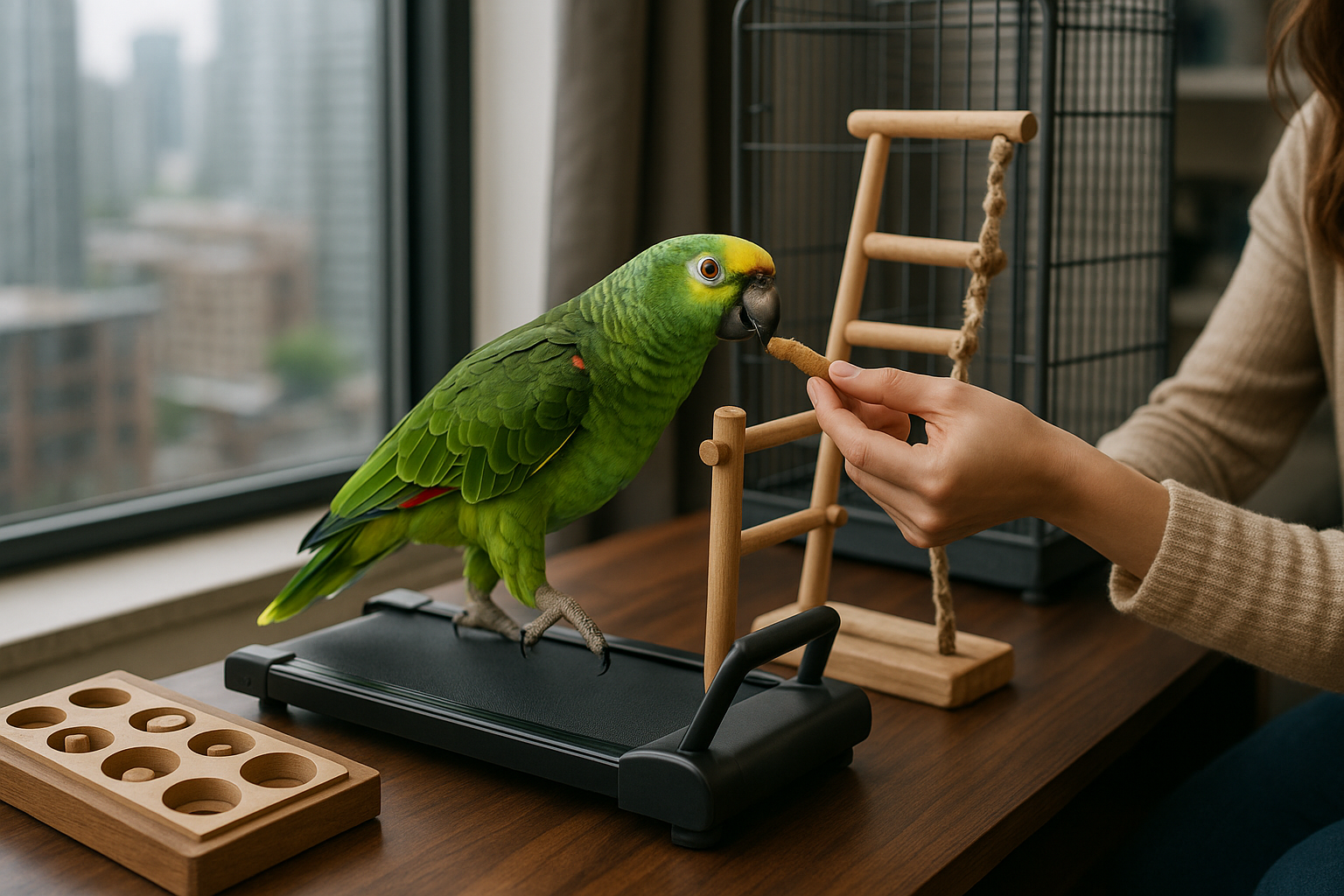Enriching Lives with Urban Beekeeping: A Buzzworthy Trend
Urban beekeeping has risen to prominence in recent years, transforming concrete jungles into thriving ecosystems. This honey-laden trend not only contributes to local food systems but also aids in the conservation of endangered honeybee populations. Urban beekeeping, also known as backyard beekeeping, is not a novel concept. It dates back to ancient times when humans first began domesticating wild bees for honey. However, with the rapid modernization and urbanization, beekeeping was largely pushed to rural areas. The 21st century, nevertheless, has witnessed a resurgence of this ancient practice in urban settings. The trend began in response to the alarmingly declining bee populations and has since gained momentum due to growing environmental consciousness and local food movements.

The Present Buzz about Urban Beekeeping
Today, urban beekeeping is not just a hobby but also a socio-environmental initiative. City dwellers across the globe are installing hives on rooftops, balconies, and community gardens. This practice has turned urban landscapes into bee-friendly habitats, improving pollination and biodiversity.
In 2018, New York City reported a record 349 registered beehives. Paris, too, boasts of over 700 hives. In London, the number of urban beekeepers has quadrupled in the last decade. These statistics reflect the global acceptance and popularity of urban beekeeping.
The Sweet Impact of Urban Beekeeping
The market impact of urban beekeeping is significant. It provides a local, sustainable source of honey, contributing to the ‘eat local’ movement. The average price range of urban honey varies from $10 to $25 per pound, depending upon the quality and the brand.
Urban beekeeping also plays a critical role in boosting declining bee populations. Bees, the world’s most important pollinators, are under threat due to habitat loss, pesticides, and climate change. Urban beekeeping offers them safe havens and abundant food sources, thus aiding their conservation.
The Science and Research behind Urban Beekeeping
Several research studies validate the importance of urban beekeeping. A 2019 study published in the journal PLOS ONE revealed that urban bees are healthier and more productive than their rural counterparts due to the diverse plant species and reduced pesticide exposure in cities. Another study conducted by the University of Michigan found that urban bees could help in pollinating urban gardens and farms, boosting local food production.
A Balanced Perspective on Urban Beekeeping
While urban beekeeping has several benefits, it is crucial to approach it responsibly. Overcrowding of bees can lead to the spread of diseases and competition for resources. Therefore, interested individuals should educate themselves about bee biology, hive management, and local regulations before diving into this practice.
In conclusion, urban beekeeping is an exciting trend that allows urbanites to connect with nature, contribute to environmental conservation, and enjoy the sweet rewards of their labor. Whether for hobby or honey, the buzz about urban beekeeping is here to stay.




